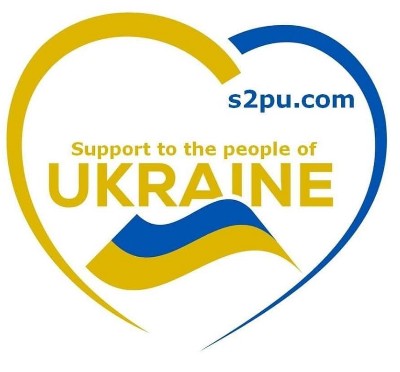UN and Holodomor
recognition as genocide
The delegations of Albania, Australia, Austria, Azerbaijan, Belgium, Bulgaria, Canada, Chile, Croatia, the Czech Republic, Denmark, Estonia, Finland, France, Georgia, Germany, Hungary, Iceland, Ireland, Israel, Latvia, Liechtenstein, Lithuania, Luxembourg, Moldova, Monaco, Montenegro, the Netherlands, Norway, Poland, Portugal, Slovenia, Spain, Sweden, Switzerland, Ukraine, the United Kingdom of Great Britain and Northern Ireland and the United States of America do solemnly declare,
Guided by the principles, embodied in the Charter of the United Nations, the Universal Declaration of Human Rights as well as in other relevant international instruments in the field of human rights that affirm the right to life, liberty and security of person,
Reaffirming the Universal Declaration of Human Rights, which, in particular, proclaimed that everyone has the right to a standard of living adequate for the health and well-being of himself and of his family, including food,
Being aware that the Great Famine of 1932-1933 in Ukraine (Holodomor) took millions of innocent lives,
Being convinced that the tragedy of the Holodomor should be a reminder for present and future generations to unconditionally respect human rights, including the right to life in order to prevent the repetition of such tragedies,
Recalling in this regard the joint statement on the seventieth anniversary of the Holodomor of 1932-1933 in Ukraine of 7 November 2003 (A/C.3/58/9 and Add.1), recognizing the Holodomor as the national tragedy of the Ukrainian people, caused by the cruel actions and policies of the totalitarian regime, the declaration on the seventy-fifth anniversary of the Holodomor of 1932-1933 in Ukraine of 16 December 2008 (A/63/613 and Annex) and the joint statement on the eightieth anniversary of the Holodomor of 1932-1933 in Ukraine of 9 December 2013 (A/68/655 and Annex), commemorating the memory of victims of the Holodomor,
Recalling the resolution on remembrance of victims of the Great Famine (Holodomor) in Ukraine 1932-1933, adopted on 1 November 2007 by the United Nations Educational, Scientific and Cultural Organization (UNESCO),
Recognizing the importance of raising public awareness on the tragic events in the history of mankind and of strengthening the rule of law and respect for human rights and fundamental freedoms for the prevention of humanitarian tragedies in the future,
1. Commemorate the memory of the victims of the Holodomor of 1932-1933 in Ukraine, a man-made deadly famine that took the lives of millions of Ukrainians, including persons of other nationalities living in Ukraine at that time;
2. Condemn the cruel policies pursued by the Stalinist regime, such as forced collectivization and food requisition, which led to the death of a significant proportion of the Ukrainian people;
3. Pay tribute to the memory of millions of persons of other nationalities who died of starvation and political repression in other parts of the former Soviet Union;
4. Welcome efforts of Governments to open their archives on the events of 1932-1933 to reveal the full truth of this tragedy, and to raise public awareness both at national and international levels so that the historical truth is revealed and the causes and consequences are comprehended;
5. Emphasize that the memories of past horrors and atrocities should reinforce the efforts of the international community to ensure unconditional observance of human rights and fundamental freedoms throughout the world;
6. Welcome the initiative of Ukraine on organizing the commemorations on the occasion of the 85th anniversary of the Holodomor;
7. Welcome the efforts of the Member States who recognized the Great Famine of 1932-1933 in Ukraine (Holodomor) as a man-made deadly famine and urge the Member States to promote awareness about the Holodomor of 1932-1933 in Ukraine as a tragic page in global history.
